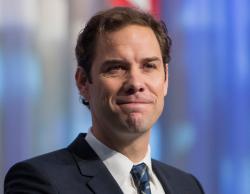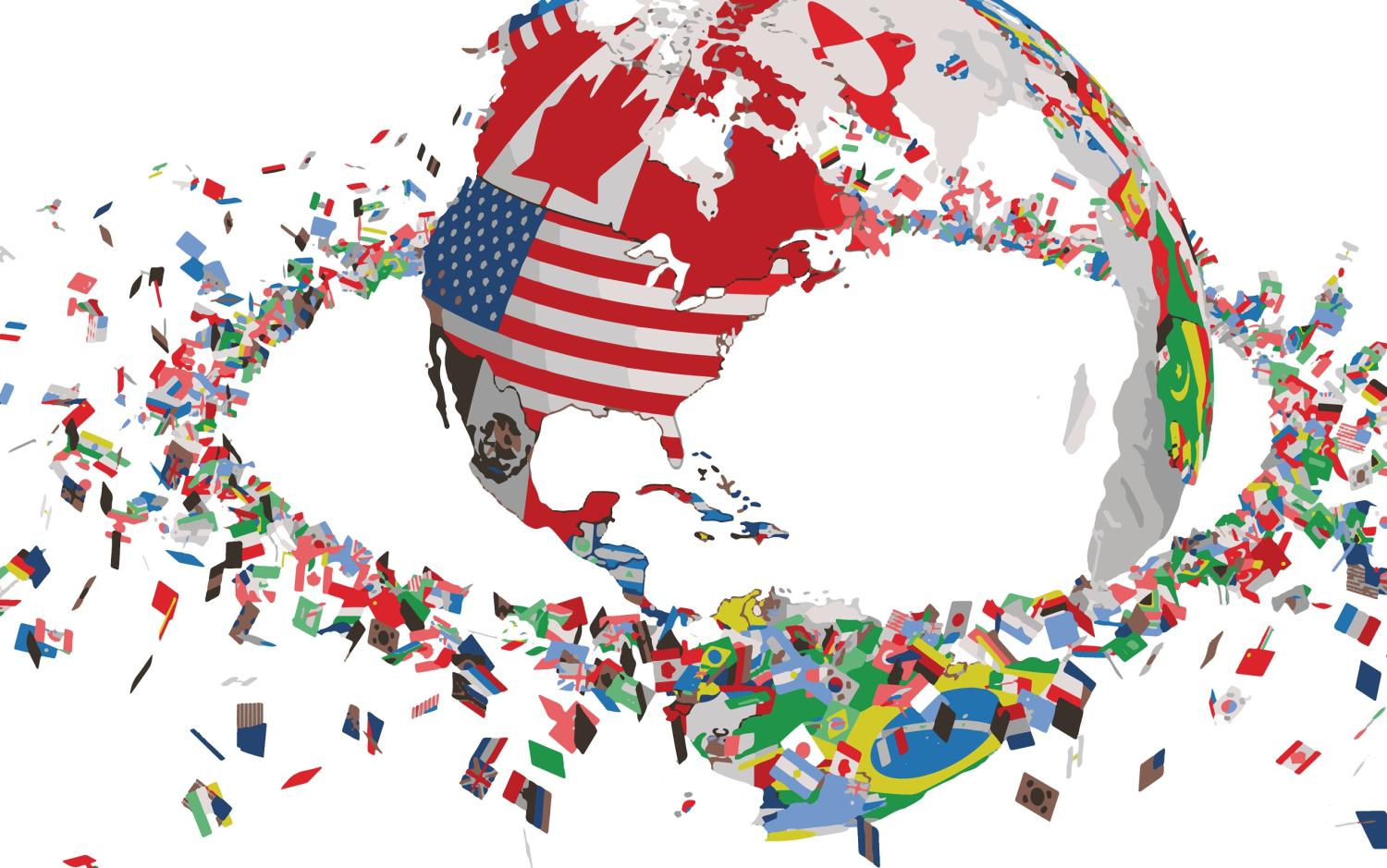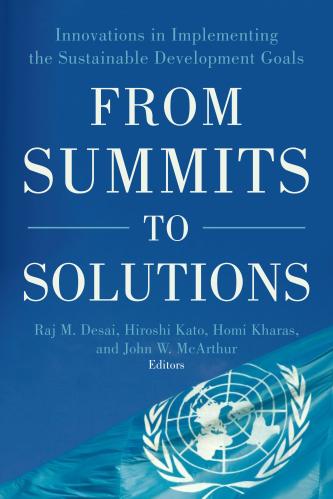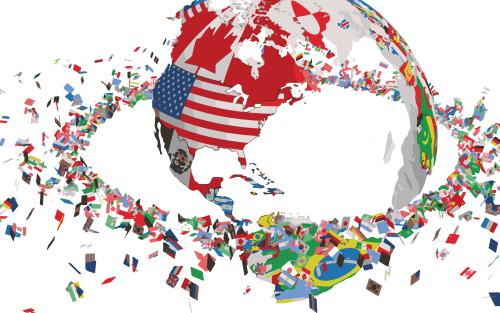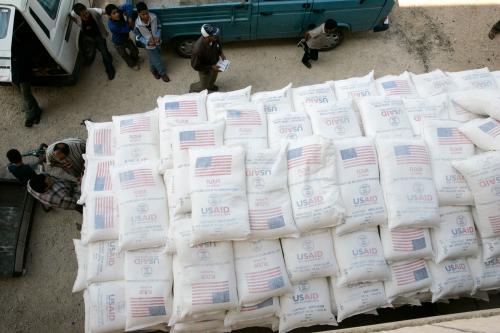The 2018 Brookings Blum Roundtable, held in collaboration with the Aspen Institute, focused on the durability of U.S. leadership in global development. The U.S. contribution to international development over the past 75 years, beginning with the Marshall Plan and the establishment of the Bretton Woods institutions, has been extraordinary. The U.S. continues to be the largest foreign aid donor in absolute terms and, as such, deploys indispensable assets at the service of development cooperation. America has a long history of well-endowed public and philanthropic institutions that have extensive knowledge of, and learnings from, development activities. Yet the past may not be prologue for U.S. development cooperation.
The roundtable convened leaders from the administration, academia, think tanks, international organizations, foundations, business and non-profits. The bipartisan group wrestled with the mixed signals emanating from Washington with respect to the direction of U.S. development cooperation. They discussed budgets, structural reforms of development agencies, new approaches to operating in fragile contexts, opportunities for leveraging multilateral institutions, the role of non-governmental partners, and ambitions as well as tension related to China and other increasingly powerful players.
One feature of the discussions was the abiding uncertainty prevailing at the time of the roundtable. On the one hand, there are signs that the current administration is trying to pull back from global development: its proposed 30 percent cut to the international affairs budget account, withdrawal from the Paris Agreement on climate change, and disregard of the Sustainable Development Goals (SDGs) signal this. On the other hand, reforms that strengthen USAID’s ability to be a more coherent, relevant player and legislative action to reimagine the Overseas Private Investment Corporation (OPIC) through the BUILD Act are widely seen as positive. In addition, the reversal of the rescission proposals to remove budget authority from the State Department, USAID, and the Millennium Challenge Corporation (MCC) point to a more supportive view of budget drivers in Congress—based on value-for-money and effectiveness rather than the symbolism of dramatic cuts in aid.
Rapid global changes are afoot in many areas, propelled in no small part by artificial intelligence. To be effective, development cooperation must reflect these changes.
Three recurring themes explored during the roundtable will deeply affect development cooperation in the medium-term: the evolving nature of international networks devoted to solving global development problems; the changing balance between the activities of federal U.S. government agencies and a broader concept of American leadership; and the choices posed between U.S. and Chinese ideas and approaches to development.


